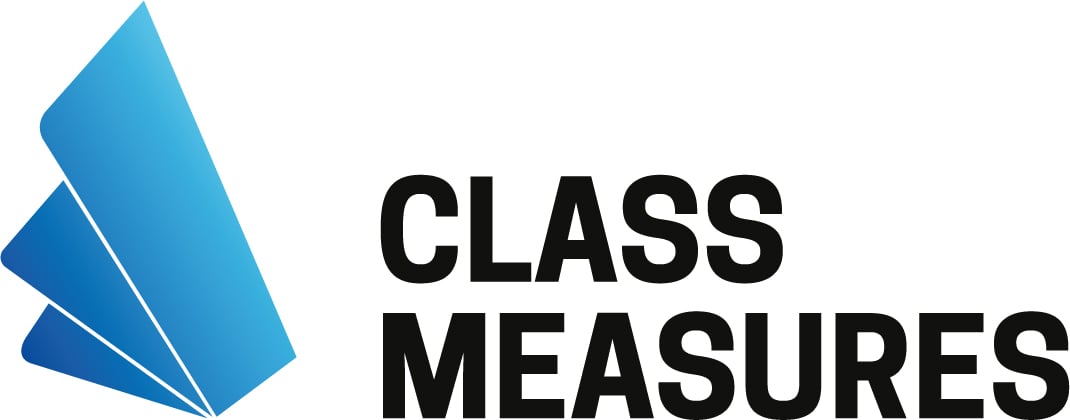As school begin to address the challenge of reopening schools, a greater concern of how to address learning loss created during remote instruction has taken center stage. Now, more than ever, administrators, teachers and families continue to question how best to meet the learning needs of their students, especially after losing more than a quarter of the 2019-2020 academic year to the current pandemic. One recent study, conducted by NWEA, predicts that students will experience a learning loss of 30% in reading and as much as 50% in math as a result of the pandemic. Left untamed, these types of academic setbacks could have significant negative implications for students who were previously preforming on grade level and even more disastrous for students who were already behind. This article hopes to discuss the how differentiation practices can be leveraged to address lost learning during pandemic remote instruction, while also highlighting procedural steps to effectively accelerate learning.









